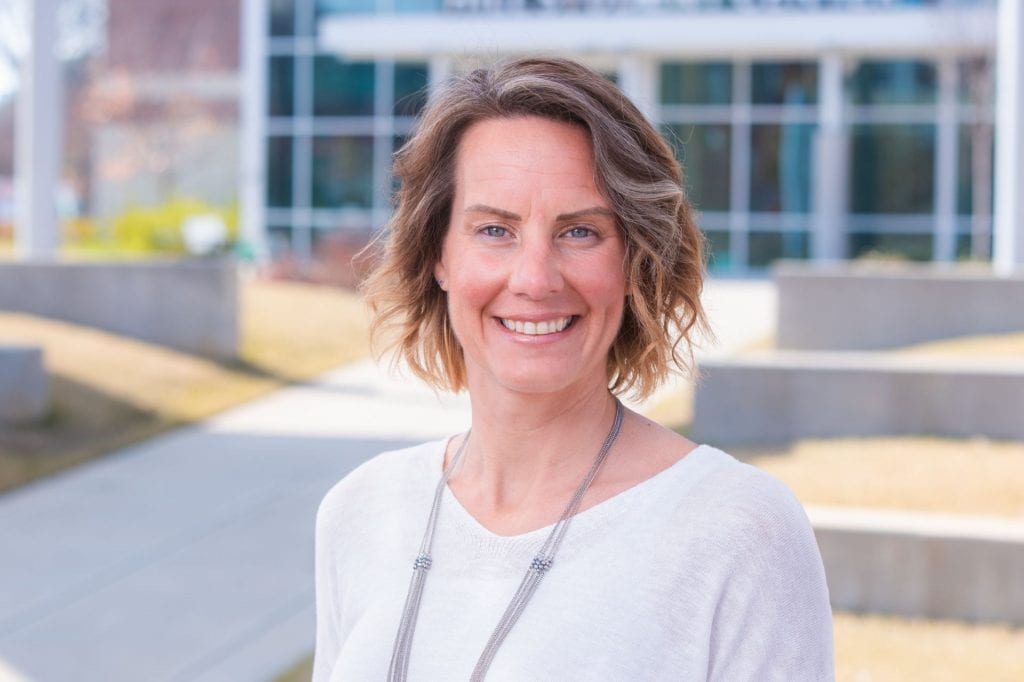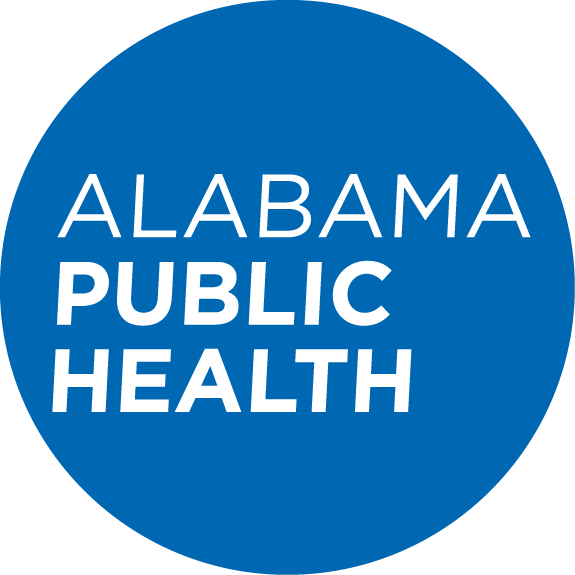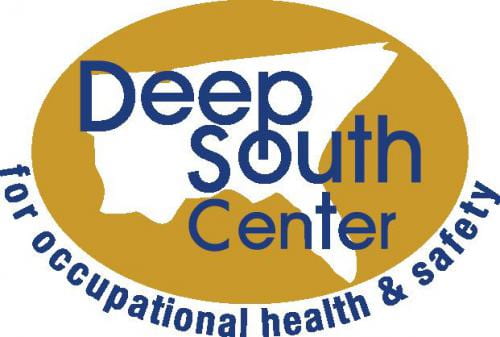In this webinar, Dr. Suzanne Judd, Director of the Lister Hill Center for Health Policy and Professor and Interim Chair in the Department of Health Behavior at the University of Alabama at Birmingham School of Public Health, will cover the new COVID vaccine for 2024. We will discuss the mechanism of action for this vaccine, current recommendations for who should receive the vaccine, and the role of vaccination in protecting those who may be more susceptible to severe infection. This webinar is presented by the Alabama Regional Center for Infection Prevention and Control.
Learning objectives:
- Describe the purpose of vaccines
- Compare the current COVID vaccine to previous vaccines
- Describe different vaccine schedules by age and comorbid conditions
This webinar is presented by the Alabama Regional Center for Infection Prevention and Control and cosponsored by the Deep South Center for Occupational Health and Safety, the Alabama Public Health Training Network at the Alabama Department of Public Health part of the Region IV Public Health Training Center, and the Alabama Statewide Area Health Education Centers (AHEC).
The Deep South Center for OH&S is an approved provider of continuing education units for nurses by the AL Board of Nursing (Provider ABNP0420 Expiration Date 7/10/2025) and has awarded this program 1.2 ABN CEUs. All other professionals awarded .1 CEUs.





















